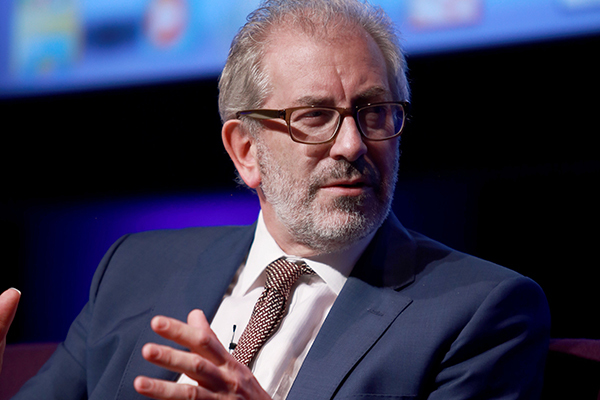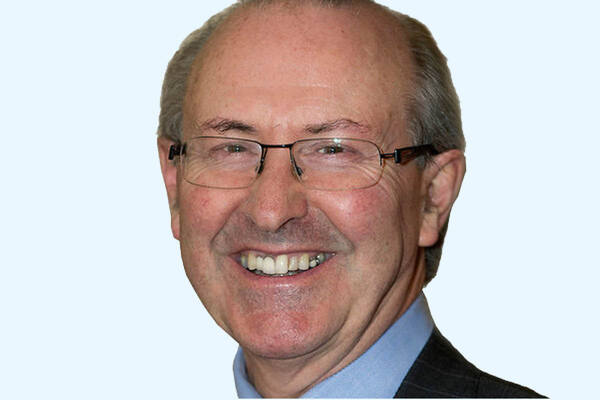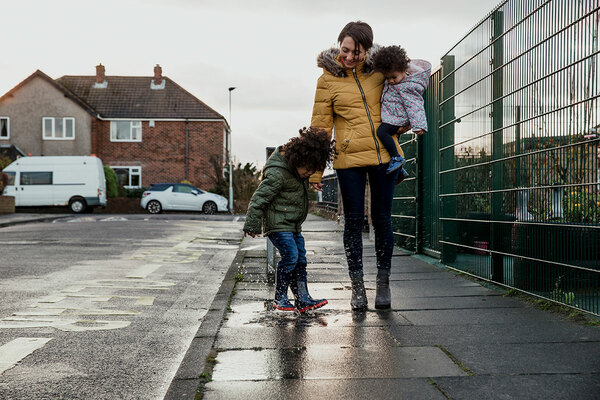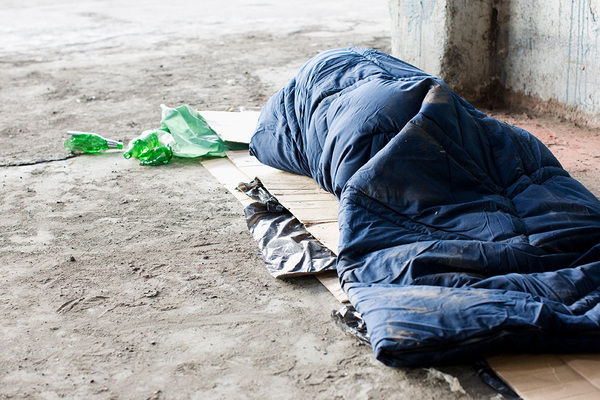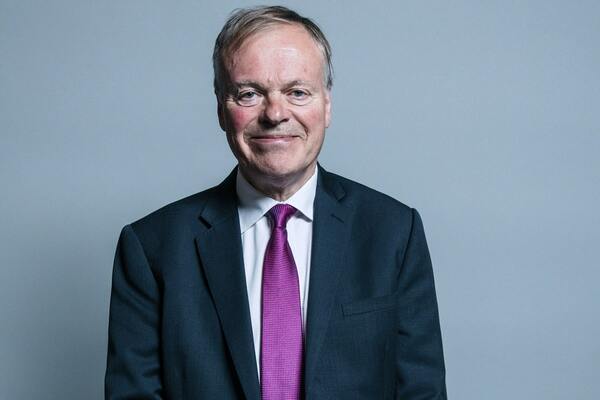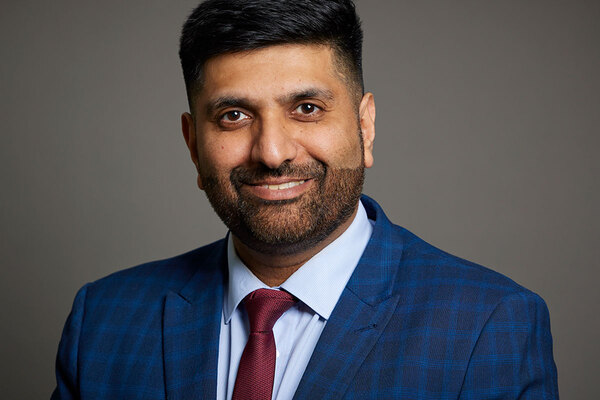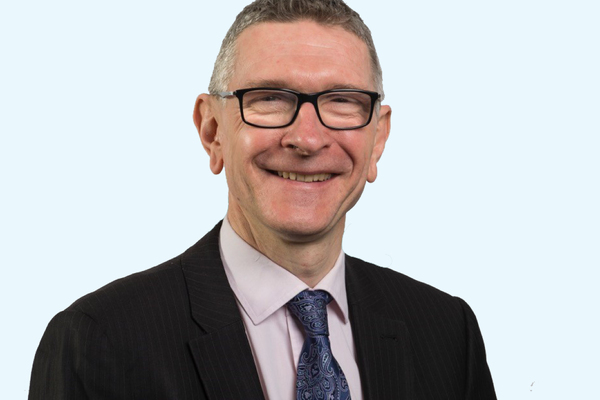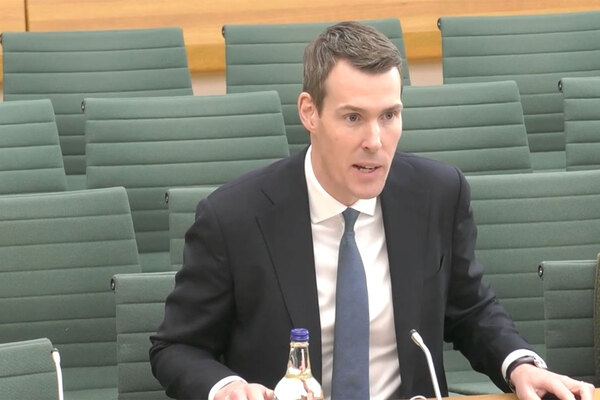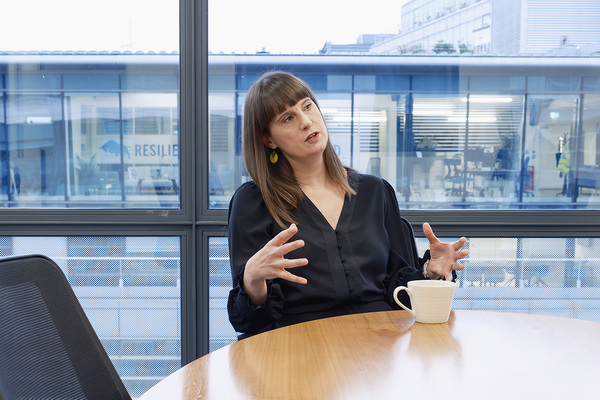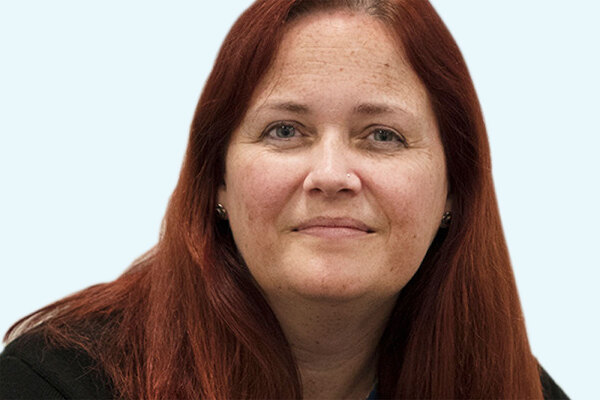You are viewing 1 of your 1 free articles
Lord Kerslake to chair new rough sleeping commission
A new independent commission has been set up to learn the lessons from the effort to support rough sleepers during the COVID-19 pandemic.
Lord Bob Kerslake, the former head of the Civil Service, will chair the commission – which will aim to understand what worked during the pandemic and what is now needed to embed the good practice developed.
The Kerslake Commission on Homelessness and Rough Sleeping will aim to provide lessons for government at national, regional and local levels, alongside public health agencies and the homelessness sector.
The commission’s advisory board is made up of 17 members, including Andy Burnham, mayor of Greater Manchester; Bob Blackman, co-chair of the All-Party Parliamentary Group on Homelessness; and Tom Copley, deputy mayor for housing at the Greater London Authority.
A number of representatives from local authorities and housing associations are also included in the board, alongside homelessness sector leaders.
St Mungo’s is providing the secretariat function to the commission and the organisation’s chief executive, Steve Douglas, also sits on the advisory board.
When the COVID-19 pandemic first hit the UK in March last year, the government ordered councils to find emergency accommodation for all rough sleepers in what became known as the ‘Everyone In’ initiative.
The government said that the scheme has since supported more than 37,000 people into long-term accommodation.
Last week, the Public Accounts Committee published a report that said the Everyone In scheme has highlighted weaknesses in the Ministry of Housing, Communities and Local Government’s (MHCLG) understanding of the number of rough sleepers across England.
The total number of people who have been supported through the Everyone In scheme is almost nine times MHCLG’s official estimate for the number of rough sleepers in the country, which stood at 4,266 in March 2020.
On the launch of the new commission, Lord Kerslake said: “I am delighted to be chairing this independent commission which is an unusual one because, for once, it will examine what went right rather than what went wrong.
“By general consent Everyone In was a terrific success which made a real and tangible difference to the lives of some of society’s most vulnerable members.
“What I want to do through this commission is to look at how we can build on this for the future.
“It is an opportunity to learn, and share learning across the public sector, the health sector as well as local and central government. And if we can do that, we will have done something really valuable for this country.
“It is a brilliant commission in terms of its membership, and I am sure it will do some brilliant work.”
Sign up for our homelessness bulletin
Already have an account? Click here to manage your newsletters
